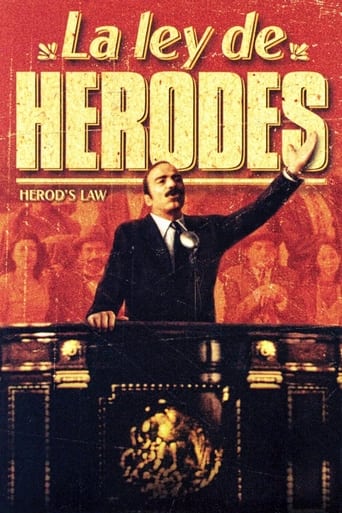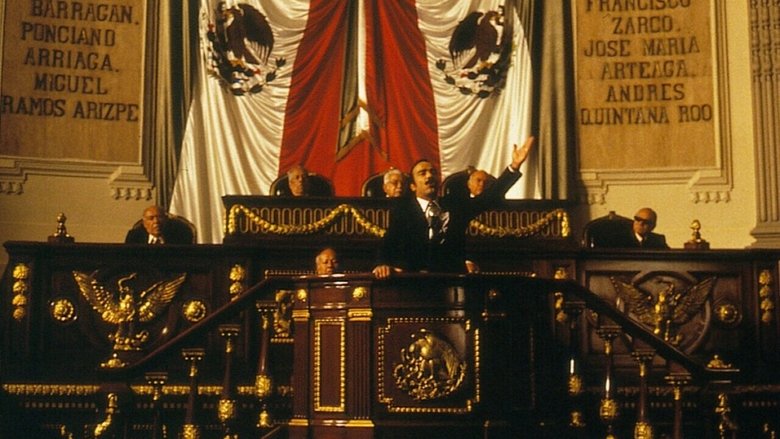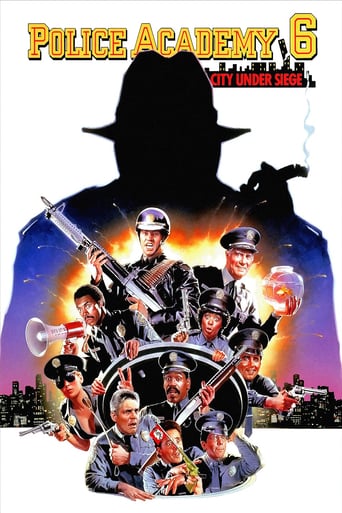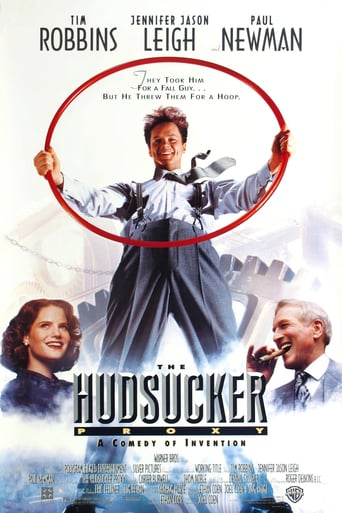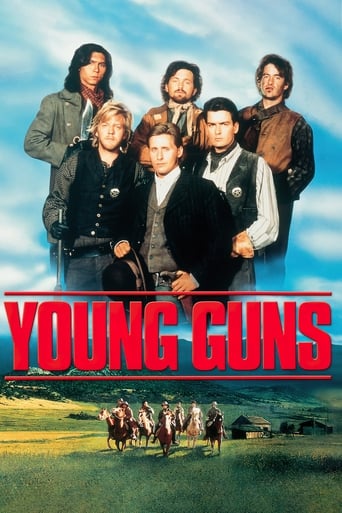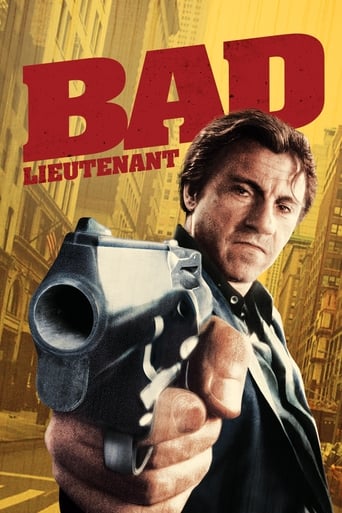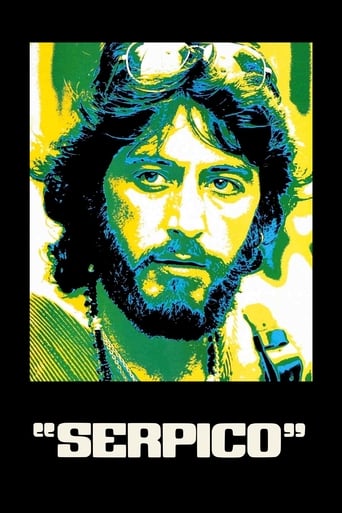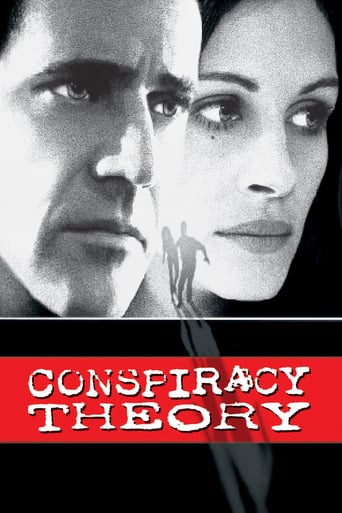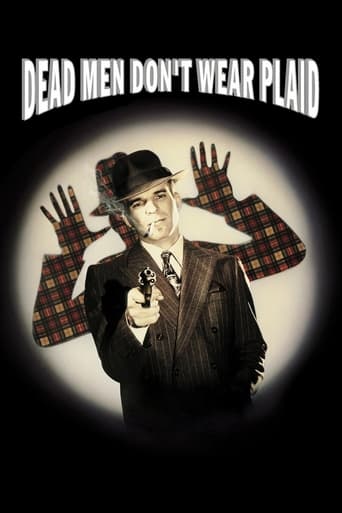Herod's Law (1999)
Mexico, 1949. The fable of a janitor turned Mayor on a little town lost in the Mexican desert, who gradually realizes how far his new acquainted power and corruption can get him.
Watch Trailer
Free Trial Channels
Cast


Similar titles
Reviews
Slow pace in the most part of the movie.
People are voting emotionally.
One of my all time favorites.
A film with more than the usual spoiler issues. Talking about it in any detail feels akin to handing you a gift-wrapped present and saying, "I hope you like it -- It's a thriller about a diabolical secret experiment."
A perfect and abundantly Mexican version of Lord Acton's dictum, "Power tends to corrupt and absolute power corrupts absolutely." In 1949 a local official of the ruling PRI (Pedro Armendariz as López) chooses a humble janitor (Damián Alcázar, as Juan Vargas) to be presidente municipal ("mayor") of a dusty, dirty little village in northern México. Vargas' is supposed to bring "modernity and social justice" but as he gradually assumes power, he grows progressively more corrupt. He even acquires the 1930's symbol of rural elegance in México: a Packard. Vargas eventually challenges his mentor, with surprising but perhaps predictable results.The film was initially denied release because it paints a hilarious but extremely negative picture of women, of local priests, and of local government. It also includes a great deal of amazingly foul, but ultimately very funny, Mexican slang. Even the title, La Ley de Herodes, is part of a very crude saying that might (with considerable liberty) be translated as "Law Blue: Do it to them or they'll do it to you."
Juan Vargas, the hero of "La Ley de Herodes" learns quickly his role as mayor of the forgotten town where the ruling PRI party has chosen him to preside. The town and its people stand as a Mexican metaphor for what's wrong in the country, as a whole. At the beginning we watch as Juan is reluctant to follow the steps his predecessors took in governing the town, which stands as a microcosm of the way things have been done in Mexico. It speaks volumes that Mexico is one of the oldest 'democracies' in Latin America, where corruption is rampant. On wonders if Mexico is the role model, what can be found in other Latin countries. Mind you, not everything is perfect in the good old USA!It is to Luis Estrada's credit that he has been able to do this satire that pokes fun at politics, but at the same time, it makes one thing clear: watch what politicians will do once they take public office.Damian Alcazar is perfect as the goofy mayor Juan Vargas, who the bosses in the capital think he will be perfect for the job. Pedro Armendariz Jr. does wonders with his interpretation of a corrupt party higher-up. Delia Casanova as Rosa and Isela Vega as Dona Lupe, are excellent. This is a lesson in Mexican politics!
To understand "La Ley de Herodes" and its historical significance, it is necessary to consider a study of the backdrop behind its production and release. LDH is a product of the decadence of the crumbling, rotting 70-year old regime of the Institutional Revolutionary Party (PRI). The 90s were frantic years in Mexico. The Zapatista uprising, the murder of the PRI's presidential candidate/next president (apparently by his own party), the "Tequila Effect" recession, several political murders and former president Salinas' exile (as well as his brother's arrest for money laundering)... all these events created a dissatisfaction so huge that forced the government to loosen its freedom of expression. It would have been impossible to release this movie, or to listen to Molotov's angry music without the bitter complacency of the government. And in a way, LDH signals the end of the PRI regime and its ousting from the executive in the year 2000. Mexico is undergoing change. It's slow, and it's painful, but it's happening. The PRI has not fully disappear, though. You can now see the Juan Vargas figure clinging in congress,trying to obstruct change, holding to its last source of power. A wonderful mambo score, by the way.
A most surreal movie, but VERY real, indeed. It depicts the sad political system in Mexico with lost of humor and excellent actors. I felt like crying and laughing all the time, a memorable piece worth the no-so-good photography. Hilarious ending.

